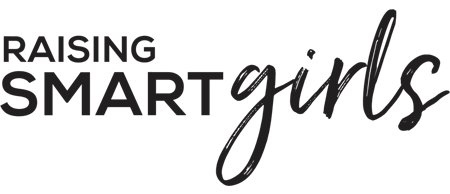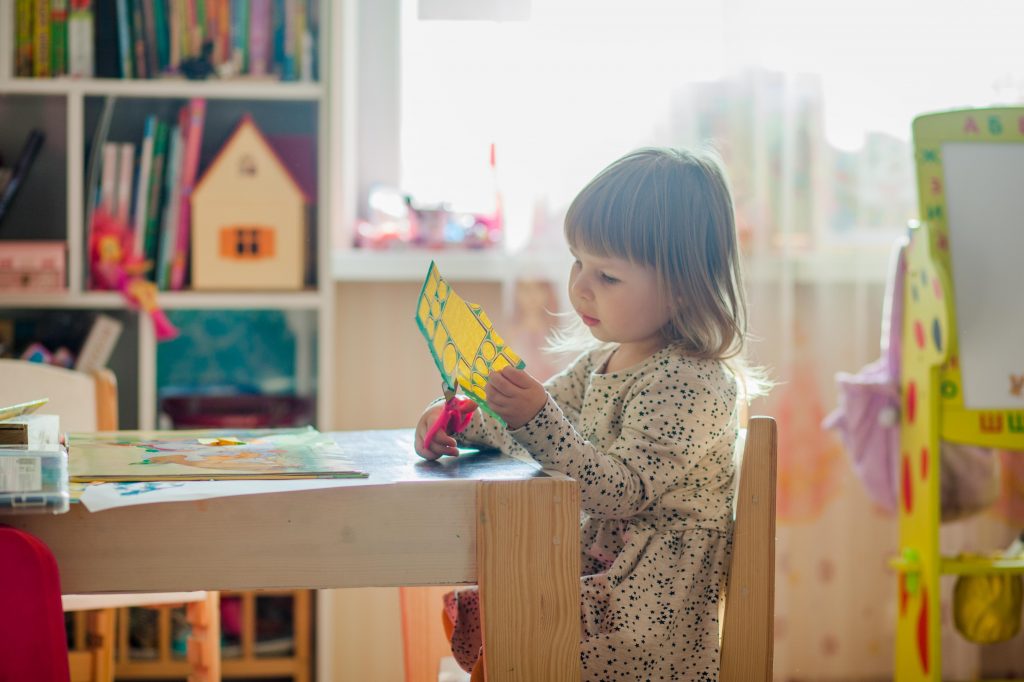Art is an important means of storytelling and self-expression, and it plays a tremendous role in the formation of culture. The arts are worth celebrating not just for the role they play culturally, but because of the benefits they’re poised to offer people of all ages. Children in particular stand to benefit in many ways from arts education, both in the classroom and at home. We already know that diverse education strategies lead to happier, healthier, and smarter children. Arts education is an important part of that diversity; its inclusion in the classroom may help to boost students’ vocabulary usage and math skills, improve their concentration and ability to remain focused, increase feelings of motivation, and lead to better overall behavior in the classroom.
Studying the arts isn’t just beneficial to our kids in the short term. They’re also likely to see positive long-term effects, including a more significant predisposition to civic engagement, a lower rate of dropping out, and a higher rate of engagement in higher education. There’s also mental and emotional benefits to be reaped from arts education, including an improved sense of well being, greater confidence, and a higher comfort level when participating in group discussions and collaborative projects.
Its inclusion in the classroom may help to boost students’ vocabulary usage and math skills, improve their concentration and ability to remain focused, increase feelings of motivation, and lead to better overall behavior in the classroom.
On the whole, arts education serves as an important part of well-rounded cognitive, social, and emotional development. It’s a natural fit for kids, who seek to express themselves in creative ways, and it can be therapeutic for people of all ages. Making art time and art appreciation a regular part of your kids’ routine can help to keep the arts in focus and help them reap some of these fantastic benefits both at home and at school.
The benefits of arts education extend well beyond those discussed here. To learn more, check out this handy infographic from the experts at We The Parents, which details 51 amazing benefits of arts education, as well as the science behind them.
It’s a natural fit for kids, who seek to express themselves in creative ways, and it can be therapeutic for people of all ages.
Neve Spicer
Neve and her husband, Keane, are former teachers and project managers, obsessed with researching and writing precisely. Hopefully, you’ll appreciate this when reading their in-depth parenting guides on their blog, WeThe Parents.

